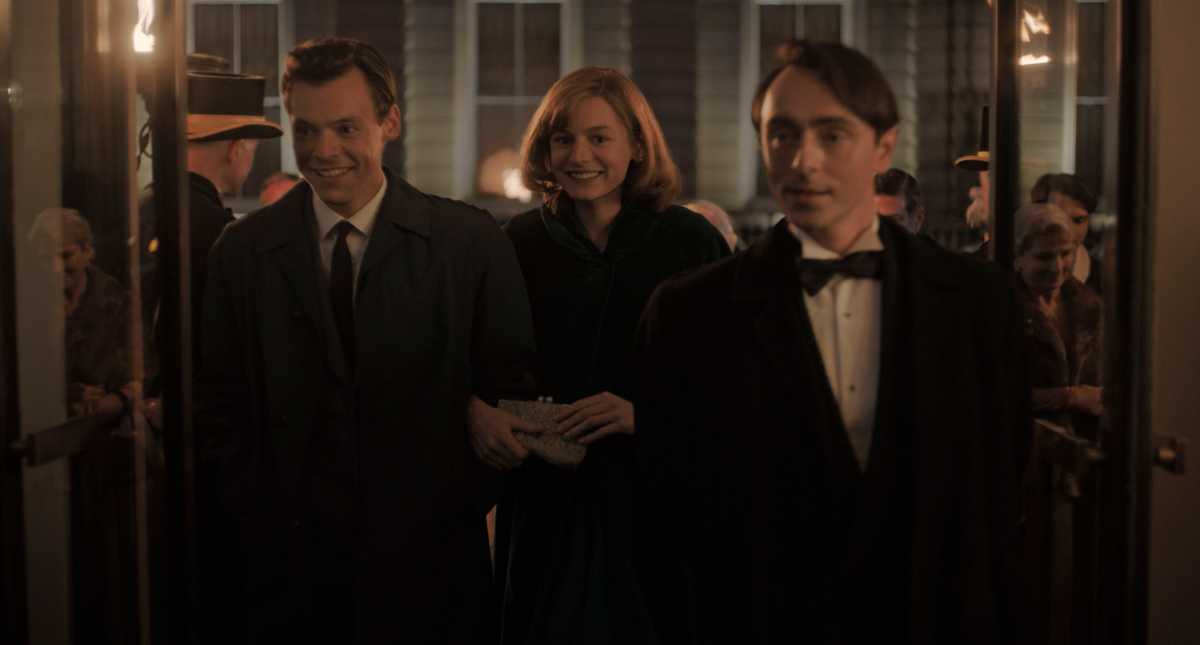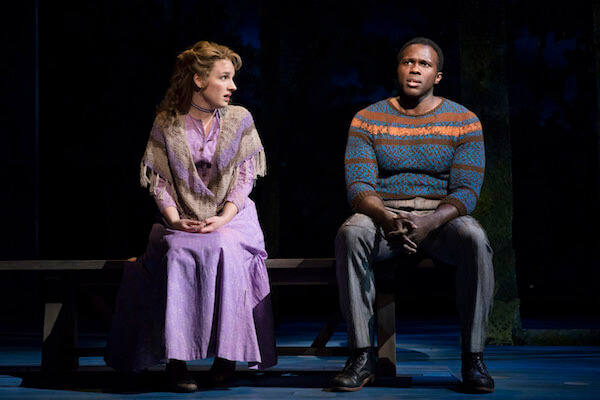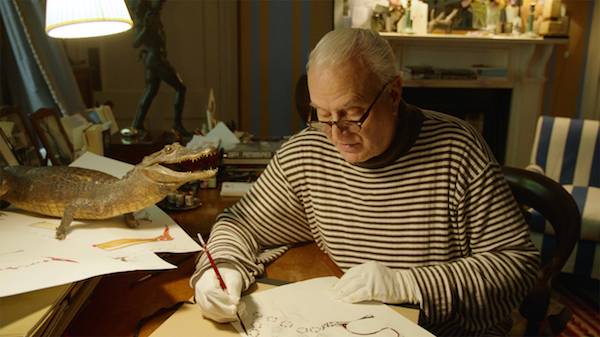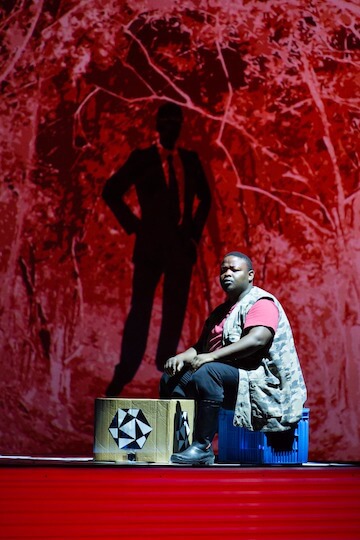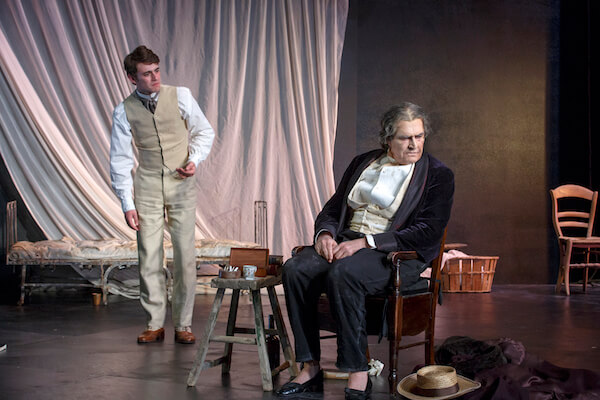“My Policeman” would make love to its own misery if it could. Director Michael Grandage — who operates his own theater company and has worked on Broadway and the West End — and cinematographer Ben Davis have more than enough craft to bring their vision to the screen, but not enough to make it feel lived in. (It’s adapted from Bethan Roberts’ 2012 novel of the same name, inspired by gay writer EM Forster’s 40-year-long relationship with a male cop.) To pick a superficially similar film, Terence Davies’ bleak view of a gay man’s life in “Benediction” was obviously based in real pain. “My Policeman” settles for an easy, Oscar-friendly pessimism, flattering the present by making the past into one long chain of betrayal and repression.
Patrick (played in old age by gay actor Rupert Everett and as a younger man by David Dawson) arrives at the Brighton house of his friend Tom (Harry Styles in youth, Linus Roache in his 60s) and Tom’s wife (Emma Corrin in youth, Gina McKee as an older woman) after release from the hospital following a debilitating stroke. Marion reluctantly settles into a maternal role as a caregiver to the haggard, grumpy man. The film alternates between scenes set in the present and the 1950s. Tom, who’s a cop, meets museum curator Patrick, and the two start having sex. To the extent that one could be openly gay at that time, Patrick is relatively uncloseted, making no pretense of being attracted to women. Tom’s sexuality is harder to define, but he dates Marion and Patrick simultaneously. He and Marion get married, but there’s little passion at work: He claims he got the idea because he can’t get promoted in the police force as a single man. She doesn’t pick up on his relationship with Patrick until she glimpses them making out in a shed.
The casting of Harry Styles has eaten up most of the conversation around “My Policeman.” One of the world’s biggest pop stars, with his hit “As It Was” spending 15 weeks at #1 this year, his charisma has yet to translate into compelling acting. (While he had a small role in Christopher Nolan’s “Dunkirk,” this is his second major part in the last two months, following Olivia Wilde’s “Don’t Worry, Darling.”) His playfulness around gender and sexuality, while refusing to declare his own orientation, has led to accusations of queerbaiting, but it suggests a contemporary version of ‘70s rock stars’ androgyny. None of this comes across in “My Policeman,” which just uses him for his looks, even though a working-class man cop might have a rougher life reflected in his face. In this aspect, it mirrors Patrick, who fills his walls with drawings of Tom.
The contrast with Roache, who delivers a much more nuanced version of the same man later in life, shows Styles’ flaws as an actor. Tom isn’t very introspective or even talkative; evidence of his inner life is scarce. That doesn’t mean he actually is an empty shell, but the character warrants a performance that can communicate non-verbally. Styles does nothing to hint that Tom has thought much about his sexuality and what he may have seen or done in his job as a cop. The only exceptions relate directly to the illegality of gayness.
With several scenes in an art museum that zero in on paintings, “My Policeman” begs for comparison to those works. The cinematography embodies the film’s gloom. It opens on a particularly gray day. Some interiors look musty and smoky. A great deal of attention went into the lighting, with musty, smoky interiors and lamps casting a glow on the set. But this desaturated look is a contemporary cliché. In the film’s few happy scenes set outdoors, the colors suddenly become richer and the light brighter, as though the season had immediately switched from January to July. It’s the kind of “well-made” filmmaking that relies on such short cuts. The film is also prone to cuts between its two time frames that put an ironic spin on the characters’ lives.
Some of Styles’ fans may have no idea that gayness was ever criminalized in the UK. Grandage, who is gay (as is screenwriter Ron Nyswaner), relates that “this was a real opportunity to carry some of my life experience into the story and remind people how recently it was that being gay was criminalized.” However, “My Policeman” also pits queer men and heterosexual women against each other. To a degree, the film is well aware that this creates a battle no one wins. It presents a world where no one is able to be honest, but men have more freedom than women to pursue their sexual desires. Even if this can result in their arrest, the idea of a woman actively seeking out sex is never broached. Tom settles into a pattern of gaslighting and denial with Marion, even after she realizes he’s sleeping with Patrick. This film’s only moments of hope come in its final few minutes — it resists burying its gays, but Patrick may be on his deathbed at this point. Its vision of grand tragedy actually plays more like cheap melodrama.
“My Policeman” | Directed by Michael Grandage | On Amazon Prime Nov. 4 | Opens at the IFC Center Oct. 21

